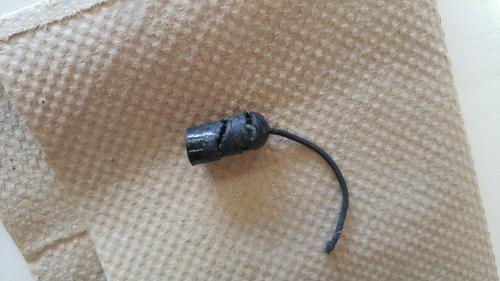
Surgery to remove foreign material is necessary when the pet has eaten something and it cannot be vomited up nor passed through the guts.
Find out what you need to know here: https://
Pictures:
Photo #1 – This item is a piece from a cat toy. The elastic string holds the toy and the plastic cap fits onto the fishing wand. A great reminder that even store bought toys made especially for our pets, can be dangerous. Be sure to inspect toys closely and supervise your pets during play time.
Photo #2 – A mixture of stuffing from a toy mixed with grass on the left hand side. On the right, a tag/clip from a glove.
Photo #3 – Kitty ate some ribbon from Valentines Day flowers.
Photo #4 – A nerf dart
Photo #5 – This foreign body find consists of carpet fibers from a door mat. The image on the left is of the solid matted fibers found during surgery. This would not have passed naturally. The image on the right is after inspection of the mass.
Photo #6 – Meat skewer – the patient ate two of them, and vomited up one. The second was was successfully removed with surgery
Photo #7 -These bone fragments were successfully removed from a dogs rectum. Eating bones can result in a variety of medical problems including broken teeth, mouth and tongue injuries. Bones can get stuck or poke holes in the esophagus, windpipe, stomach, or intestines.
Photo #8 – Tapeworm
Photo #9 -naso-pharyngeal polyp – a benign growth that can be seen in the back of a cat’s throat, the middle ear, and above the soft palate.
Photo #10 – Large stick successfully surgically removed , lodged inside the mouth of a large breed dog, narowly missing vital structures.
Photo #11 – Nylon
Photo #12 – Unknown obstruction
Photo #13 – Foam piece from interlocking floor mat













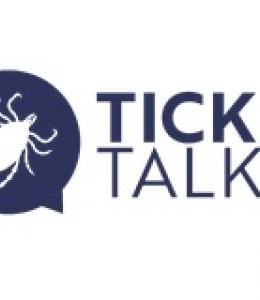

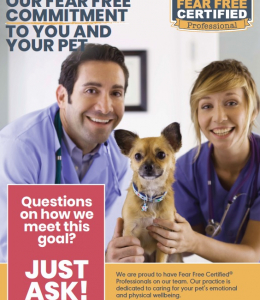


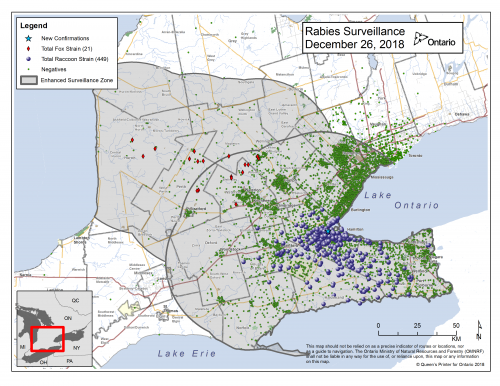



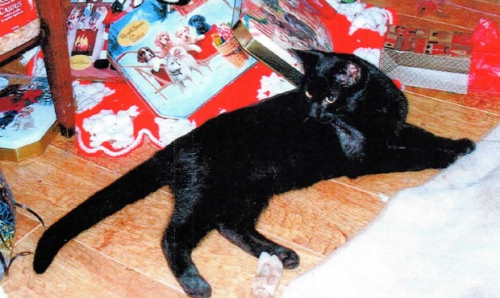
Recent Comments